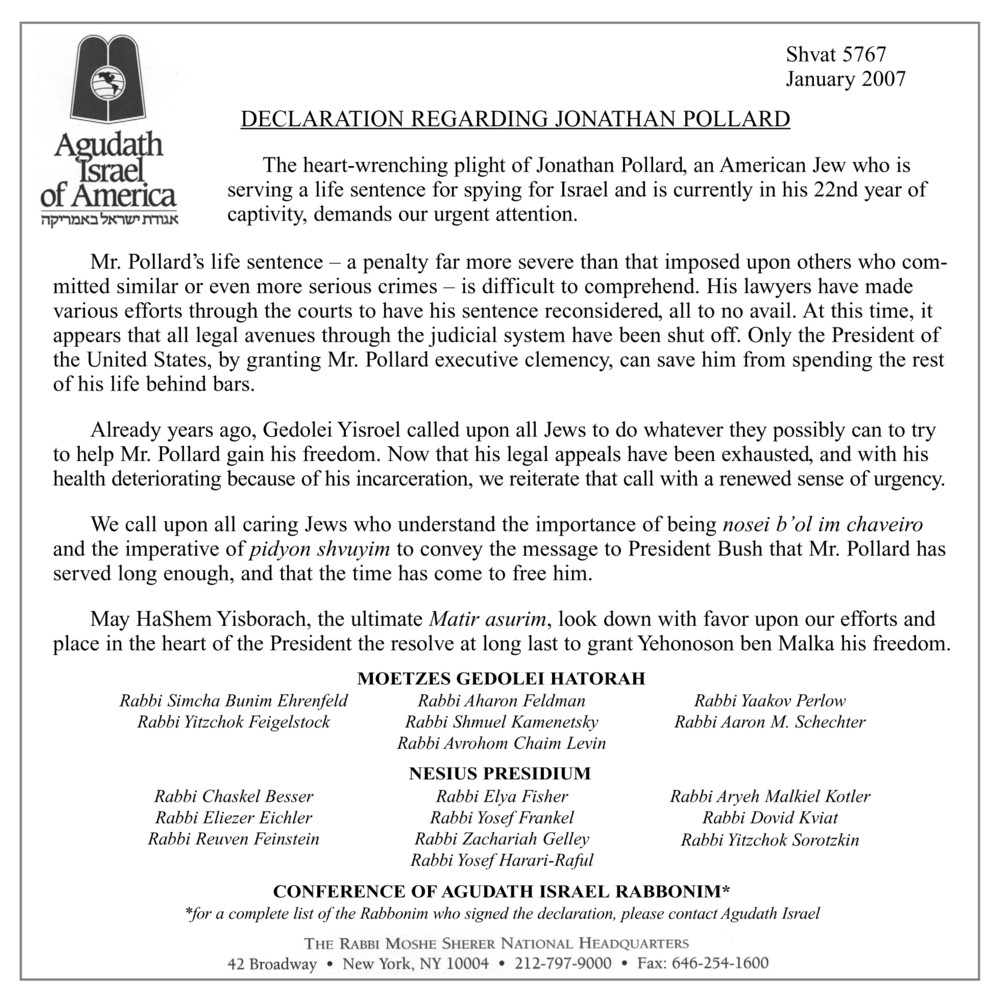
Jordan Withdraws Artsakh Film From Oscar Consideration Due to “Diplomatic Pressures”

**Jordan Withdraws Oscar Submission of ‘My Sweet Land’ Amid Diplomatic Pressures Linked to Azerbaijan**
Jordan’s Royal Film Commission (RFC) recently made headlines by withdrawing its submission of a critically acclaimed documentary, *My Sweet Land*, for the Best International Feature category of the 97th Academy Awards. Directed by Jordanian-Armenian filmmaker Sareen Hairabedian, the film tells the poignant coming-of-age story of an 11-year-old Armenian boy, Vrej, in the aftermath of the Second Artsakh War. Though celebrated at international film festivals, the film found itself in the crosshairs of regional political dynamics, prompting its sudden removal from the Oscars race—and calling into question the intersection of art, politics, and diplomacy.
### **The Story Behind *My Sweet Land***
*My Sweet Land* is an introspective documentary, capturing the human impact of the Second Artsakh War, also known as the Nagorno-Karabakh conflict. The film centers around Vrej, a young Armenian boy grappling with displacement and the turmoil of war. Artsakh, a disputed region between Armenia and Azerbaijan, has long been a battleground for geopolitical control, and Vrej’s journey mirrors the displacement and hardships faced by countless others in this region.
The film premiered to wide acclaim, kicking off its journey at Sheffield DocFest in the UK and later screening at the Amman International Film Festival (AIFF). It won three awards at the Jordanian festival, including top honors in the Arab Feature Documentary category. However, after Azerbaijan’s government raised concerns, the film was pulled from subsequent screenings in Jordan and, now, from the Best International Feature Film Oscar submission list.
### **The Role of Diplomatic Pressures**
An email from the Academy of Motion Picture Arts and Sciences informed the filmmakers of the withdrawal on October 10, 2024. Surprisingly, neither Hairabedian nor her team had been informed by the RFC about the decision beforehand.
In an interview with *Hyperallergic*, Hairabedian explained that when she sought clarification from the RFC, the commission cited “diplomatic pressures” from the Jordanian Foreign Ministry and ongoing complaints from the Azerbaijani embassy in Jordan. According to the filmmakers, the RFC relayed that higher government authorities had intervened, expressing that there was no room for appealing the decision, despite the commission’s ongoing support for *My Sweet Land* since its early stages in 2021.
The reason for Azerbaijan’s condemnation of the film? The documentary, according to Azerbaijani media and diplomacy channels, was deemed anti-Azerbaijani, with the country’s Ministry of Foreign Affairs asserting that it undermined Azerbaijan’s territorial integrity. A press release from the ministry claimed there had been no “pressure” or external manipulation; rather, they maintained that the RFC made the independent decision to withdraw the film of its own accord.
However, the banishment speaks to larger geopolitical sensitivities. Given the rapidly warming relations between Jordan and Azerbaijan in recent years, the decision to withdraw the film highlights the delicate balancing act nations in the region must perform, especially when cultural and historical narratives on sensitive subjects like Artsakh overlap with diplomatic interests.
### **The Censorship of Art in a Politically Charged World**
Hairabedian expressed disappointment and frustration about what she sees as a form of censorship. “There are many parallels between the protagonist Vrej’s story of displacement and the roadblocks we’ve faced while trying to expose and share this film,” she told *Hyperallergic*. Amid mounting pressures, the filmmakers encountered barriers throughout the documentary’s exposure and release—challenges reminiscent of the political pressures they address in the story.
For many filmmakers like Hairabedian, the suppression of films dealing with political and humanitarian subjects stands in stark contrast with the mission of art. Documentaries like *My Sweet Land* seek to amplify the voices of marginalized communities and offer windows into worlds often silenced by conflict. For the filmmakers, the obstacles they’ve encountered only strengthen their resolve to share Vrej’s story with global audiences.
In the broader context of international cinema, the treatment of *My Sweet Land* raises ethical questions about the role of film commissions and government bodies. Are political and diplomatic alliances dictating the narratives that can—or cannot—be told on the silver screen? When art is steered by diplomacy, creators risk losing autonomy over how they represent the world’s most fragile and sensitive stories.
### **A Silver Lining: The Documentary Feature Category**
Despite the setback in the Best International Feature Film race, *My Sweet Land* remains eligible for other Academy Awards categories. Expressing gratitude to the Academy for allowing the documentary to qualify for consideration as Best Documentary Feature, the filmmakers announced a premiere screening in Los Angeles on November 29, 2024, at Laemmle Theatres. They hope to raise further awareness about the film and its themes of displacement, survival, and the innocence lost amid war—especially in the context of children